The Three Most Pressing Yet Under-Reported Stories in the Middle East Today
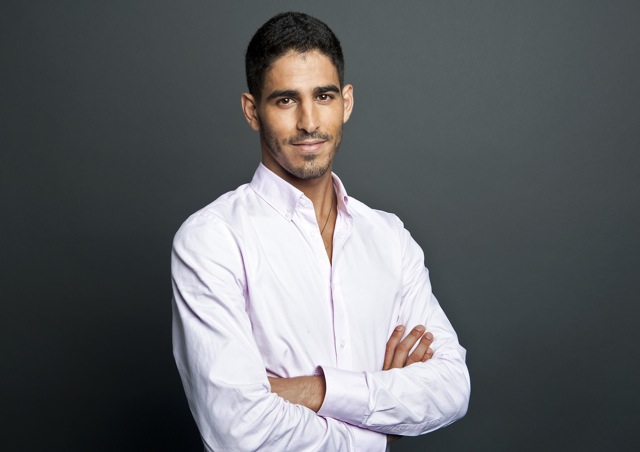
In the second part of our exclusive interview with Ahmed Shihab-Eldin, the Emmy-nominated journalist, social media addict and news producer sheds light on three major issues facing the Arab world today – issues that critically need to be addressed, yet are largely ignored by the media and in public discourse.
In your opinion, what are the three most pressing and under-reported issues facing the region today?
First and foremost Saudi Arabia.
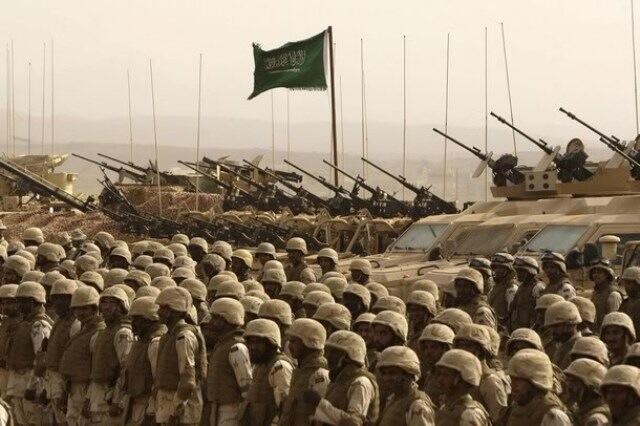
When Saudi Arabia sent its troops into Bahrain to crush the popular uprising there in March 2011, it was sending a message to the world.
Although the move may seem like an attempt to assert power and authority, between the lines, the whisper of “We are scared of what might be coming” could be heard.
Sensing the palpable disharmony and disconnection among GCC countries (provoked mostly by Qatar’s ambitions), Saudi Arabia reacted by impulsively asking the kingdoms of Jordan and Morocco to join the GCC.
Despite signing a historic arms deal with the United States last year, Saudi has been looking to diversify its security alliances, turning to Japan and China as well as other smaller players. In February, Saudi signed an agreement to strengthen military training and logistical supplies. In January, Saudi signed a defense cooperation agreement with Indonesia.
Meanwhile, a Shia minority, mainly located in the eastern province, have long said they were discriminated against in the employment, business and religious realms. Saudi Arabia has been using a short-sighted strategy to ban protests and continue to crush any dissent.
Water
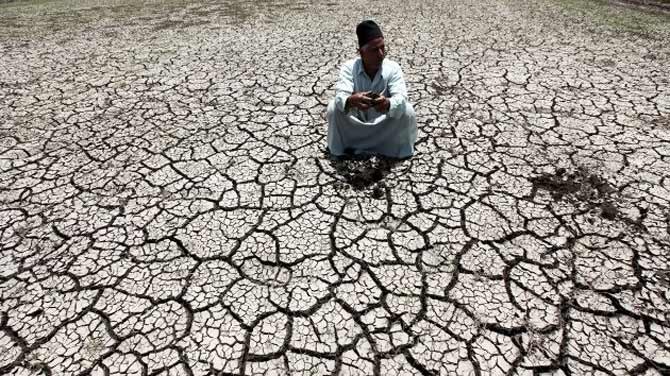
The availability of fresh water is expected to fall by 50 percent by the year 2050 according to the FOA.
But countries in the Middle East and North Africa are already plagued by an extreme water scarcity. As the population is expected to grow to 500 million by the year 2025, it is expected that more and more people will feel the squeeze.
From an infrastructure perspective many countries in the region do not have efficient water systems. In the last decade, more than 75 percent of farmers across the region have depended on pumped groundwater for agriculture, which consumed more than 85 percent of water in the region.
The need for reform when it comes to food security policies and water management policies on the ground is as urgent as any other security threat.
Migrant Workers
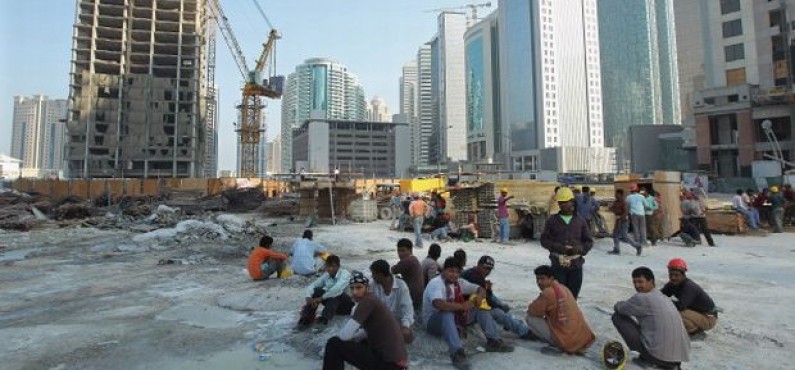
In September, Qatar confirmed it detained and is holding two Brits who went missing during a research trip into migrant labor issues in the country. They were arrested for “alleged illegal activity”.
The men were interrogated for violating the law. The Norway-based NGO they were working for had singled out Qatar over the conditions migrant workers there face. But of course, this is a severe problem that is under-reported particularly in the Gulf – and throughout the region.
The majority of workers in many Arab Gulf states are migrant workers. Due to weak, unenforced or non-existent worker rights, as well as racism, a majority of these workers are mistreated by employers and others alike on a daily basis.
When you live in these countries, it is everywhere, but it is so engrained in the culture in these young and rapidly growing countries, that most, including the press, turn a blind eye.
These glitzy cities emerging from the desert are being built on the backs and by the hands of migrant workers. In Saudi Arabia, estimates suggest 50 percent of workers are migrants. Kuwait has about 660,000 out of a population of about 3 million.
These workers, often living in extreme poverty back home – whether in Ethiopia, Kenya, Sri Lanka, the Philippines or Indonesia – are often deceptively tricked into debt from the moment they arrive.
They are promised a lot of money and basic services in exchange for borrowing a loan from an agent with the aim of freeing themselves and families from poverty. But all too often they are abused, in some cases to the point where they choose to take their own lives.
In Qatar, migrant workers, who make up almost 90 percent of the population of 2 million, have come under the spotlight to a certain extent ever since Qatar won the 2022 World Cup as host.
The Guardian’s investigative piece about the more than 100,000 men from Nepal who arrive to Qatar to build the city revealed daily abuses, including salaries not being paid, passports being confiscated, and workers being deprived of local ID cards which grant them basic rights to move and travel.
Human trafficking in MENA countries benefits from the kafala employment system, lack of labor protection and rights as weak as the agencies that provide loans to those planning to migrate for fees and other travel costs.
The resulting product of bonded labor is shameful, inhumane and unsustainable.
Labor laws should be reformed, but first, those who are trapped should be given a voice and a platform and their rights to live dignified lives should be championed, not only by international media, but by local media in particular.
But it is not just in the Gulf. In Lebanon, a country of about 4 million people, there are roughly 200,000 migrant domestic workers.
And the three most promising and hopeful developments?
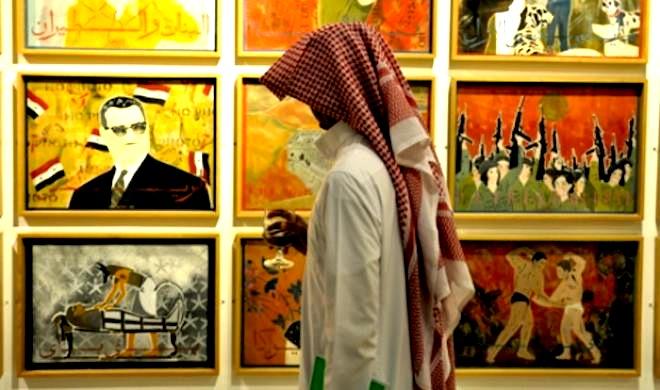
The proliferation of Internet access, the psychological shift amongst the citizens and the sheer human capital in the region may be what keep me most hopeful about evolution in the region.
WE SAID THIS: Check out part one of Shihab-Eldin’s insightful interview here, where he discusses the state of media in the Middle East.
